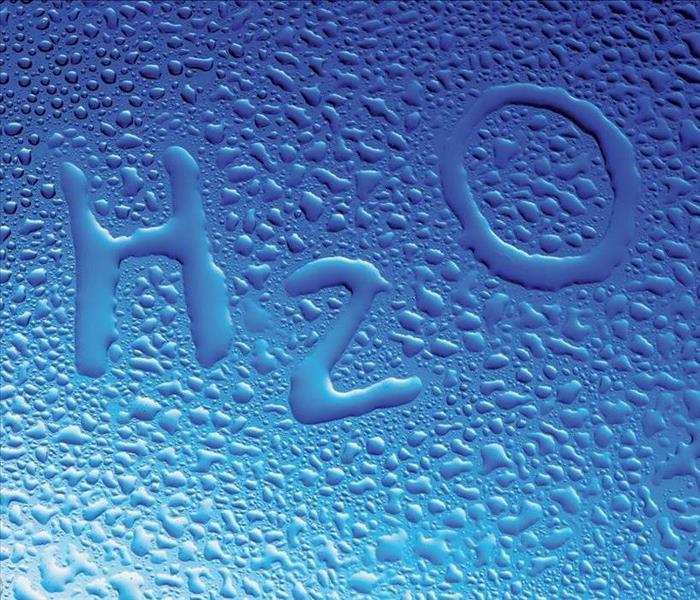Categories of Flood Waters
5/24/2018 (Permalink)
Water causing damage in a building can be assigned to categories depending on its source, and the level of chemical or biological contamination it contains.
Clean water from a sink overflow, broken water or steam line, or rainwater infiltration is referred to as category 1. Water in category 1 represents the lowest health risk to building occupants and clean-up crews. Building materials and furnishings damaged by category 1 water have the best potential for being salvaged.
There is a 24 to 48 hour window of time for the response to damage from water in category 1. After this period of time, the amount of microbial growth begins to lower the water quality to that of category 2.
Category 2 is water in the large range between absolutely clean and absolutely contaminated. This water has a significant degree of contamination due to its source, from microbial growth, or from contamination after the initial release. Sources of category 2 water damage may be storm drain backups, treated cooling water, some surface water, fire suppression systems, and discharges from equipment.
Water in category 2 presents a higher risk of disease or infection to people who come into direct contact with the contaminated area. Because of the additional contaminant in the water, materials damaged by category 2 water are much more difficult to salvage.
Category 3 is highly contaminated water from sewers, some rivers, seawater, and some surface water. This water will likely contain infectious viruses, bacteria, and parasites. It has the likelihood of causing disease or infection from direct or even indirect contact. This water may also contain toxic and allergenic materials.






 24/7 Emergency Service
24/7 Emergency Service
